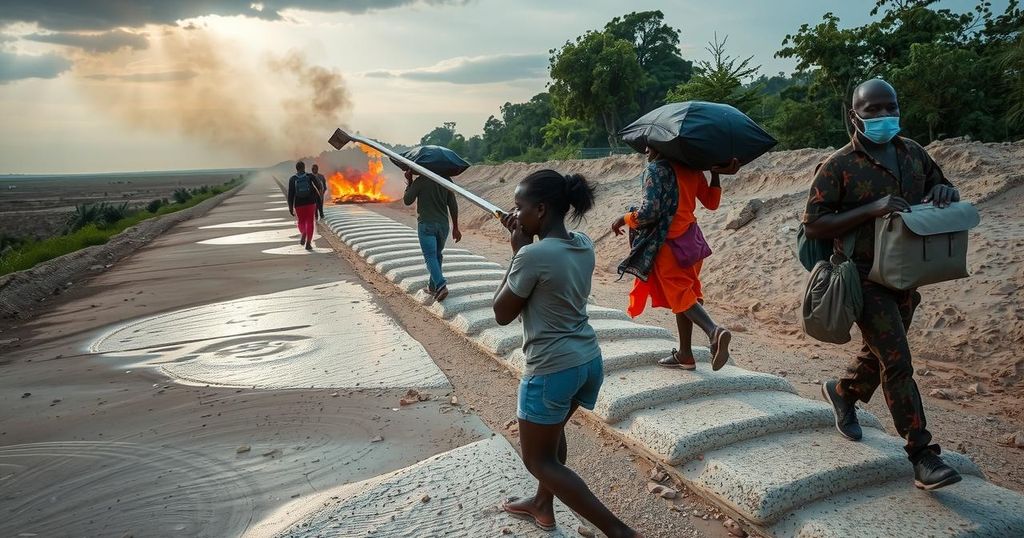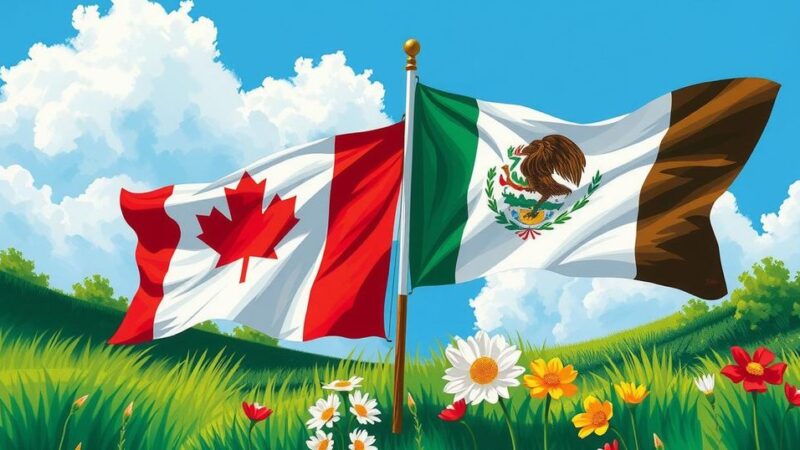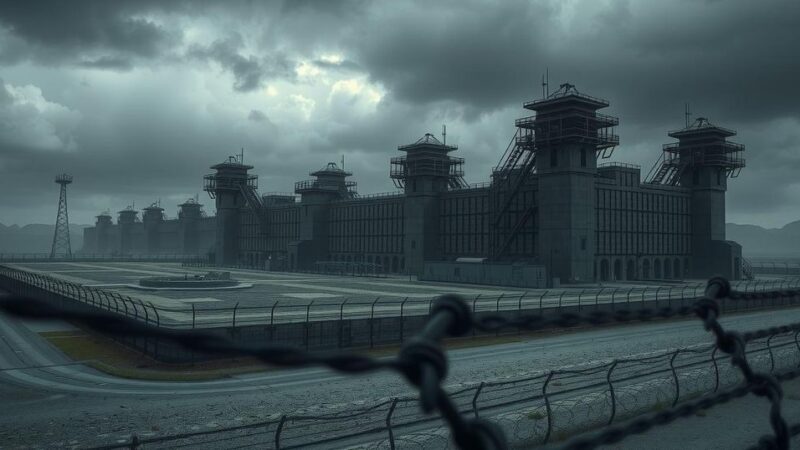Following a disputed election in Mozambique, escalating post-election violence has caused thousands to flee to Malawi, seeking safety in makeshift camps. Victims like Esther and José share chilling accounts of their experiences, highlighting the urgent humanitarian crisis resulting from the conflict. Relief efforts are being coordinated by Malawian authorities and international organizations to assist those displaced by the unrest. The situation remains precarious as the need for stability and aid intensifies in the region.
In the aftermath of Mozambique’s contentious elections, a significant wave of violence has led to a mass exodus of over 13,000 individuals fleeing to Malawi, seeking safety and assistance. The ongoing conflict, which erupted following disputed electoral results and subsequent protests, has devastated communities and decimated families. Victims recount harrowing experiences of arson and assaults, prompting their desperate flight to makeshift camps in southern Malawi, where humanitarian aid efforts are now underway.
Among those displaced is Esther, a 25-year-old mother showing visible signs of trauma after witnessing her home being engulfed in flames. She, along with 2,500 other families, is currently supported in various camps located within the Nsanje district as they navigate their uncertain future. Witnessing the chaos, Esther lamented, “I never returned home, and I have no idea where my husband is.” The growing plight of the displaced illustrates the dire consequences of the political strife engulfing Mozambique, with additional reports of looting and violence continuing to emerge.
Also affected by the violence is José, a 23-year-old who fled with his family after vigilantes set fire to their neighborhood. Expressing the immense challenges he faces, José emphasized their lack of resources and the urgency for humanitarian assistance. “We need clothes, household items, and somewhere to sleep like normal people,” he stated, articulating the universal desire for peace and stability in their lives.
Efforts to address the needs of these refugees are being coordinated by various Malawian authorities alongside non-governmental organizations, including the UNHCR. As they strive to formalize refugee camp conditions, the overarching aim remains the restoration of safety and security for these vulnerable populations. As the situation evolves, the international community watches closely, anticipating necessary interventions and resolutions amidst the ongoing turmoil in Mozambique.
The violence in Mozambique was initiated by a controversial election held on October 11, resulting in the ruling Front for the Liberation of Mozambique (Frelimo) claiming victory over the opposition party. The conflict escalated following the Constitutional Council’s decision to uphold Frelimo’s electoral win, leading to widespread unrest, including violent protests and fatal clashes. Mozambique’s internal strife has significant implications for Malawi, which relies on its neighbor for essential maritime resources, highlighting regional destabilization. The influx of refugees into Malawi has drastically increased the demand for humanitarian aid and government intervention to protect the displaced populace.
The turmoil following Mozambique’s disputed election has resulted in substantial displacement as individuals escape violence and destruction, seeking refuge in neighboring Malawi. Humanitarian efforts are critical for these populations, grappling with trauma and loss, and striving for basic necessities. The need for international attention and assistance remains paramount as the situation develops, aiming for both immediate relief and long-term peace solutions within Mozambique. Ultimately, the hope for restoring stability underscores the vital importance of diplomatic efforts in the region.
Original Source: www.rfi.fr






